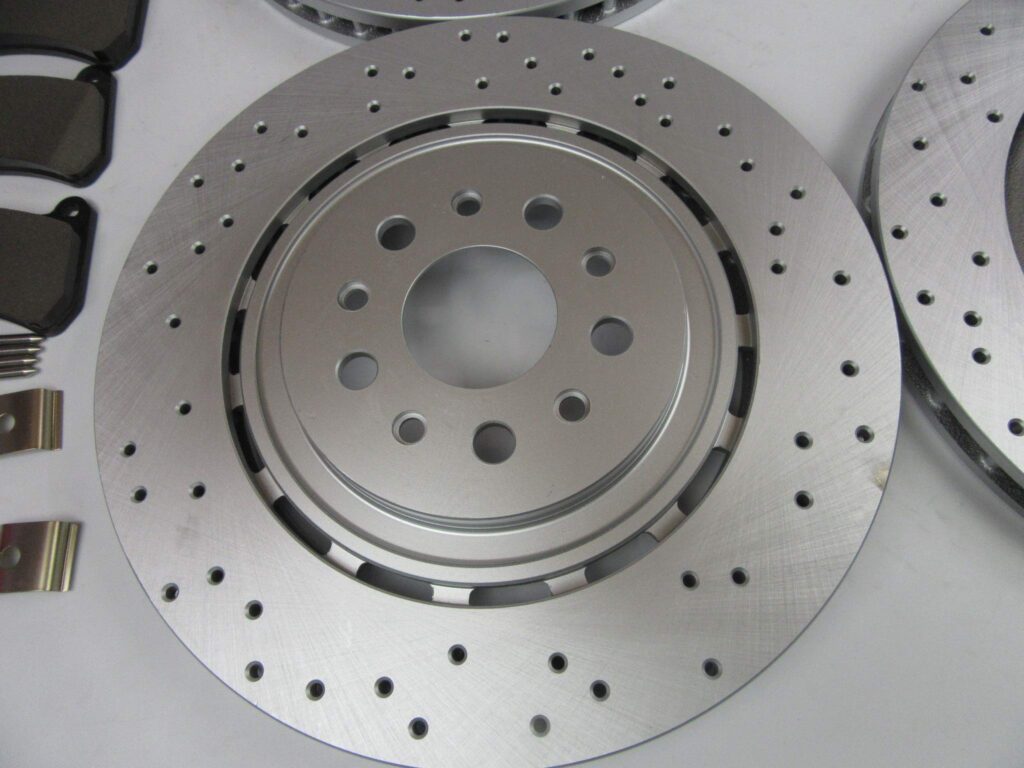
How often should you get your brakes replaced?
Brake replacement mileage recommendations vary among vehicle manufacturers. What is the recommended frequency for brake replacement? The recommended practice is to substitute the brake pads within the range of 25,000 to 50,000 miles. Find more about Power Stop brakes
It is imperative to acknowledge that certain variables have the potential to either curtail or extend the operational lifespan of one’s brake pads. Factors that may affect a vehicle’s performance include its model, the characteristics of the surrounding landscape or terrain, the driver’s habits, the weight of the vehicle, and the prevailing weather conditions.
For example, individuals who frequently operate a vehicle during the summer season may require frequent brake replacement services as a result of the slippery road conditions. In addition, driving approximately 7,000 miles per year in urban stop-and-go circumstances may require more frequent replacement of brake pads compared to a driver who covers 27,000 miles annually on highways with straight and level terrain.
What is the recommended frequency for brake replacement?
- It is advisable to schedule a brake replacement service upon encountering any braking problems. High-end automobiles are equipped with electronic wear sensors that activate a warning signal on the vehicle’s instrument panel when the brake pads require replacement. Additional indications that necessitate brake replacement are as follows:
- If you find yourself in a situation where you need to slow down or come to a complete stop while driving, it can be quite alarming if your vehicle’s brakes require an excessive amount of force or pressure to do so. This could be an indication that your braking system is either loose or worn out, which can be a serious safety concern. It’s important to address this issue as soon as possible to ensure that your vehicle is operating at its optimal level and to prevent any potential accidents or mishaps on the road.
- The occurrence of scraping or squeaking sounds during the application of brakes. The auditory manifestations are a consequence of the complete deterioration of the brake pads. Neglecting to replace the brake pads may result in significant impairment to the braking mechanism.
- The sensation of trembling or vibration experienced upon applying the brakes is indicative of a potential issue with the braking system. The presence of vibration is indicative of rotor deformation, which in turn results in suboptimal contact between the braking system and the discs.
- When it comes to ensuring the safety and reliability of your vehicle, investing in a high-quality brake repair service is essential. While the cost of such a service may seem daunting at first, it is important to consider the potential consequences of neglecting your brakes. Different brands may require different types of brakes or brake pads, which can affect the cost of replacement. Additionally, the specific type of brake malfunction you’re experiencing can also play a role in determining the final cost. The overall expense associated with a brake replacement is contingent upon the brand of the automobile and the particular brake malfunction.
